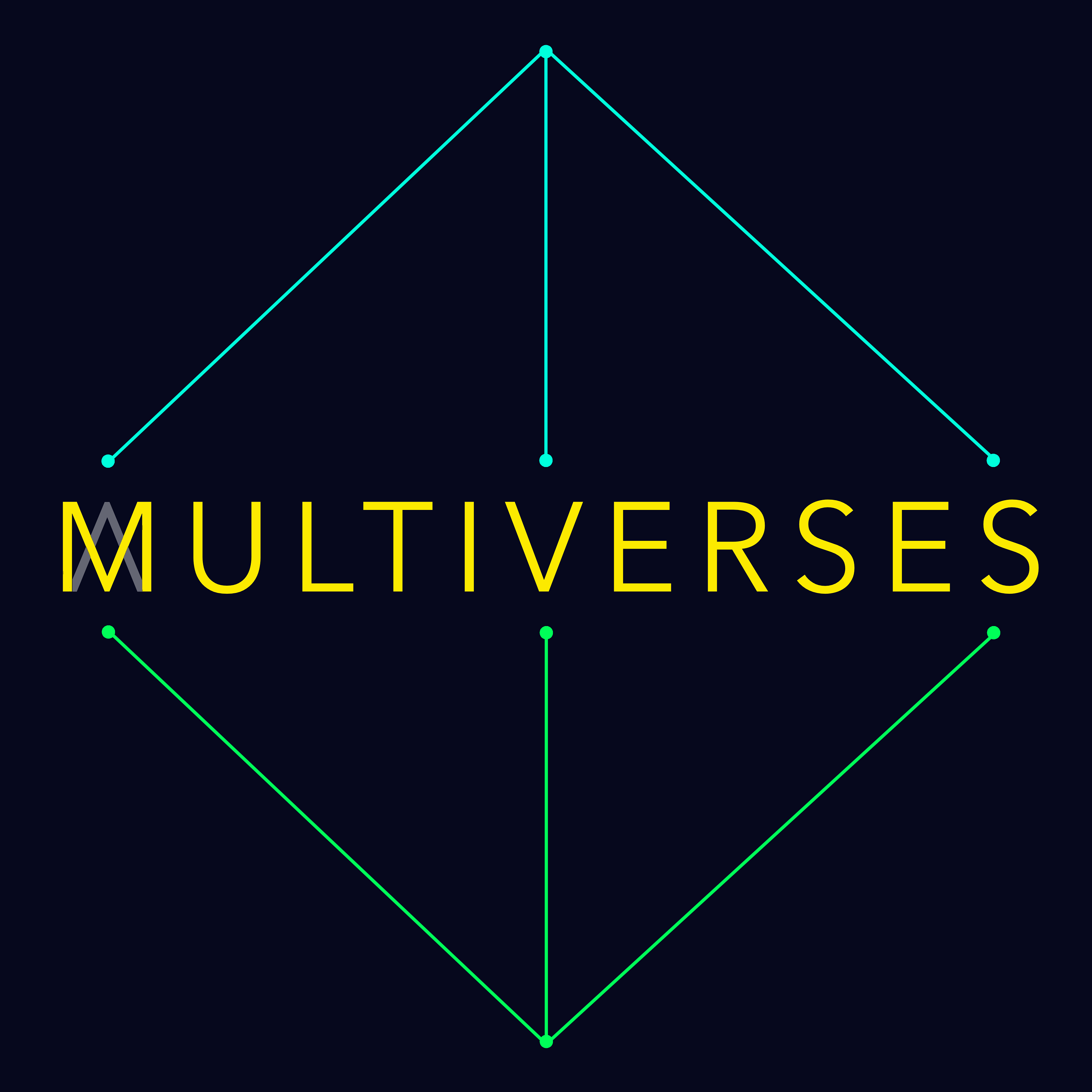Podcast Profile: MULTIVERSES
 Site • RSS • Apple Podcasts
Site • RSS • Apple Podcasts40 episodes
2023 to 2025
Median: 88 minutes
Collection: SciPhi-Adjacent

 Site • RSS • Apple Podcasts
Site • RSS • Apple PodcastsDescription (podcaster-provided):
Coffee table conversations with people thinking about foundational issues. Multiverses explores the limits of knowledge and technology. Does quantum mechanics tell us that our world is one of many? Will AI make us intellectually lazy, or expand our cognitive range? Is time a thing in itself or a measure of change? Join James Robinson as he tries to find out.Themes and summary (AI-generated based on podcaster-provided show and episode descriptions):
➤ philosophy of science & foundational physics • quantum mechanics, measurement, many-worlds • consciousness, animal minds, neuroscience • AI limits, ethics, future impacts • language, cognition, mind-wandering • infinity, time, realism • climate, energy, astrobiologyThis podcast features long-form conversations about foundational questions at the intersection of philosophy, science, and technology. Across the episodes, the host speaks with philosophers, scientists, and practitioners to examine where established explanations start to strain—whether in physics, mathematics, cognitive science, biology, or the social consequences of new tools—and what kinds of reasoning might help.
A recurring thread is the nature and limits of knowledge: how scientific theories relate to reality, what counts as explanation or understanding, and whether some problems (such as measurement in quantum mechanics, the status of theoretical entities, or the meaning of “possible” and “could have happened”) demand philosophical interpretation alongside technical work. Discussions often move between concrete case studies—like quantum interpretations, time and causation, infinity, or the structure of laws—and higher-level questions about reductionism, realism versus instrumentalism, and the role of thought experiments and conceptual analysis in science.
Another major theme is mind and cognition. The podcast explores competing approaches to consciousness, including whether computation is sufficient, how to think about unified experience, and what neuroscience implies about the relationship between language and thought. It also considers spontaneous cognition such as mind-wandering, as well as comparative perspectives on animal minds and play, and what these imply for studying consciousness more broadly.
Technology—especially contemporary AI—appears both as an object of analysis and as a catalyst for social and ethical questions. Episodes probe the capabilities and limits of machine intelligence, potential trajectories for agentic systems, safety and governance issues, fairness tradeoffs, responsibility, and how AI might reshape knowledge-sharing, work, and human habits of thinking.
The show also ranges into broader “big picture” topics such as long-term futures and scenario planning, climate policy concepts like net zero and carbon removal, the search for life beyond Earth, and cross-disciplinary methods that apply tools from one domain (e.g., networks or phylogenetics) to another. Throughout, the emphasis is on exploring boundaries—between disciplines, between models and reality, and between what we can currently explain and what remains open.